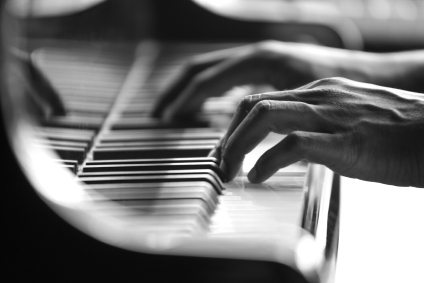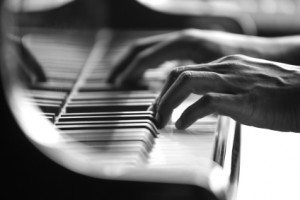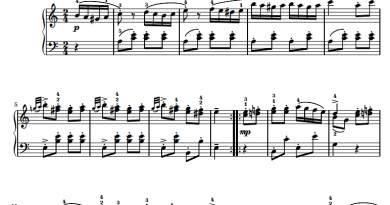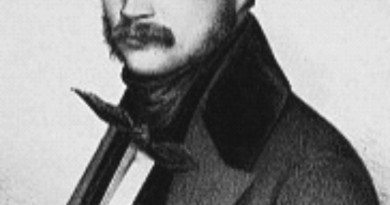Practice and how to study piano
Set aside regular hours for practice and let nothing interfere with them. Young persons that attend school ought to practice from one to two hours daily according to their state of health. Amateurs, not attending school should spend not less than from two to three hours in daily practice, while those who aspire for artistic perfection should devote at least five to six hours to the daily study of their lesson.
As a rule one fourth of this time should be devoted to technical studies, one fourth to reviewing, and one-half to the study of the new lesson. Other divisions of time may be more profitable to individual pupils, and if so, the teacher no doubt will make the needed suggestions.
It is not necessary that the fourth part of the time to be devoted to the study of exercises, should be used continuously or uninterruptedly. Pupils when devoting say a half hour to technical studies may divide it into two portions of fifteen minutes each. However, in no case should the time to be given to each branch of the lesson be reduced.
Piano practice tips
Every person loses through the day many minutes that are spent in idle waiting. These, says a celebrated teacher, a diligent pupil may utilize on the piano, thereby gaining daily an extra quarter or half hour of practice.
Never practice when weary in body or mind. No good is to be derived from it; to the contrary it if almost sure to prove detrimental to the pupil’s health.
Do not clandestinely play pieces. It is a dishonest practice that is sure to injure you. This nibbling, so to speak, on many things, or this ambitious playing of pieces that are too difficult for the pupil, is sure to be productive of evil results.
We cannot enjoin enough upon pupils the necessity of reviewing; the benefits to be derived therefore are great.
Other tips about how to study piano
Many pupils never have more than one piece they can play, simply because they lay the old ones aside, as soon as a new one has been learned. A piece once mastered is of value, like so much property gained. It has cost so much time and labor, and for this reason, if for none other, it ought to be reviewed. Most pupils are satisfied with having learned to play the notes of a piece correctly, and indulgent teachers but too often allow them to stop there. After a pupil has learned to play the notes of a piece correctly, then begins the real study, that of playing it with expression. By constant reviewing the pupil gains more and more the mastery over all technical difficulties and thus he is enabled also to play with more freedom and expression.
Finally, we would sum up our advice to pupils by enjoining them to be faithful, diligent, punctual, polite, and cheerful to their teachers. After doing all this they can afford to let the results take care of themselves.




